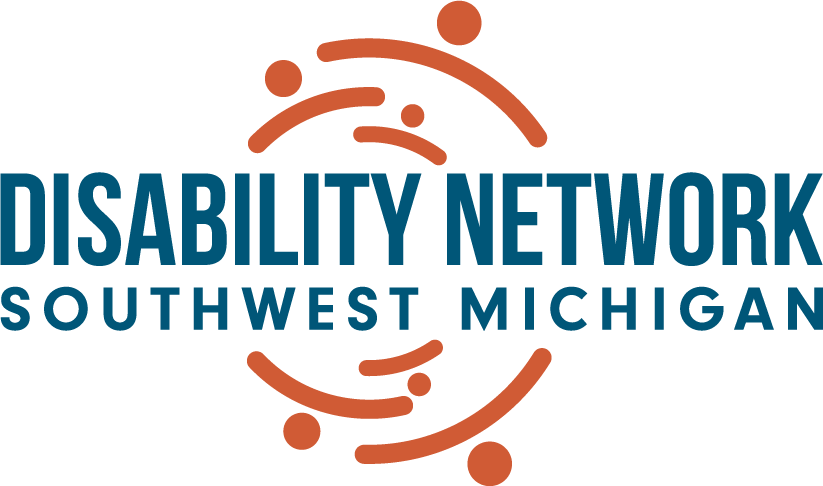
As a disability advocacy organization working for the rights of all people with disabilities, Disability Network Southwest Michigan stands in solidarity with people with disabilities in Ukraine who are struggling to survive and who are being abandoned with no resources.
The situation for people with disabilities in Ukraine is being described as “a humanitarian crisis within a crisis” as many are unable to evacuate due to the grueling trip to safety. The European Disability Forum estimates there are 2.7 million people with disabilities in Ukraine. Approximately 261,000 Ukrainians have an intellectual disability and at least 100,000 of them, mostly children, live in care homes and institutions. According to a family disability support group in the capitol city of Kyiv, in that city alone, only 20 to 50 of the 1,247 families in the group have been able to evacuate.
Families are being pulled apart as decisions are made about who remains in Ukraine and who gets sent ahead to seek safety, perhaps to never see their loved ones again. For those who do make it to safety, there is a lack of accessible transportation and many of the refugee facilities are not accessible or don’t have the required medications and supports people with disabilities need. While women, children and the elderly have been prioritized for evacuation there has been no mention of people with disabilities. For those unable to leave, needed resources such as food and medications are running low and support services are no longer available or are impossible to reach. Many bomb shelters are inaccessible and as bombings continue, cities themselves become increasingly inaccessible.
As hospitals and care facilities become targeted by Russian forces, residents of these facilities, many unable to evacuate, have been largely abandoned – left with no food, water or medications. Oskil Psychoneurological Boarding School in Izyum was shelled on March 11, and although all 360 people at the facility (330 patients and 30 employees) were inside a shelter when the attack hit, the building itself was destroyed and only 63 people were evacuated following the strike. This is one of many accounts of facilities with vulnerable populations being targeted.
The trauma and disturbance of being in a war zone intensifies many types of mental health disabilities causing people to be even more impacted by their disability. Additionally, evacuation and emergency instructions are not being provided in accessible/alternative formats, therefore, those who require alternative communication are unable to receive directions to safety. Through their role in the Global Alliance for Disaster Resource Acceleration (GADRA), The World Institute on Disability has launched a full-scale response in support of people with disabilities in Ukraine. The GADRA is partnering with Fight for Right, a Ukrainian women-with-disabilities-led organization working to evacuate Ukrainians with disabilities and support those who have evacuated to nearby countries. Visit the World Institute on Disability website for the Ukraine Response and Updates and to donate to the GADRA Ukraine Response.
